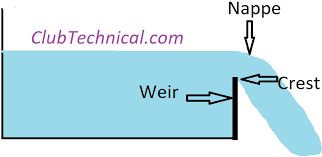SELF COMPACTING CONCRETE
Self-compacting concrete also known as self-consolidating concrete.
It is one of the most
widely used concrete types, mainly because of its self-compacting
characteristics and strength.
SCC is a highly flowable,
non-segregating, special concrete type that can settle into formworks, by means
of its own weight.
SCC does not require
compaction using external force from mechanical equipment such as immersion
vibrators.
SCC was developed in Japan
in 1980s in order to achieve high-performance durable concrete structures, and
with advancements in concrete technology its use has become widespread all over
the world.
The advantages of SCC in
its fresh and hardened states include economic efficiency, improvement in
working and living environment.
Compared with ordinary
concrete, SCC includes large amounts of binder, super plasticizer, and/or
viscosity modifying admixtures.
The placement of SCC is faster and requires
less labour.
The appearance (surface finish), mechanical
performance and durability of SCC can be considerably better than traditional
concrete.
For conventional concrete, noise and
vibration are generated when the vibrators are being operated with noise levels
sometimes exceeding 100 dB.
use of SCC can lower the noise exposure on
and around the construction site to approximately one-tenth of the noise level
produced when traditionally vibrated concrete is used.
The reduction of noise levels will also
improve the psychological working environment, improving internal communication
at the site or the plant and providing less stressful surroundings, which again
increases the health and safety for the workers.




Comments
Post a Comment